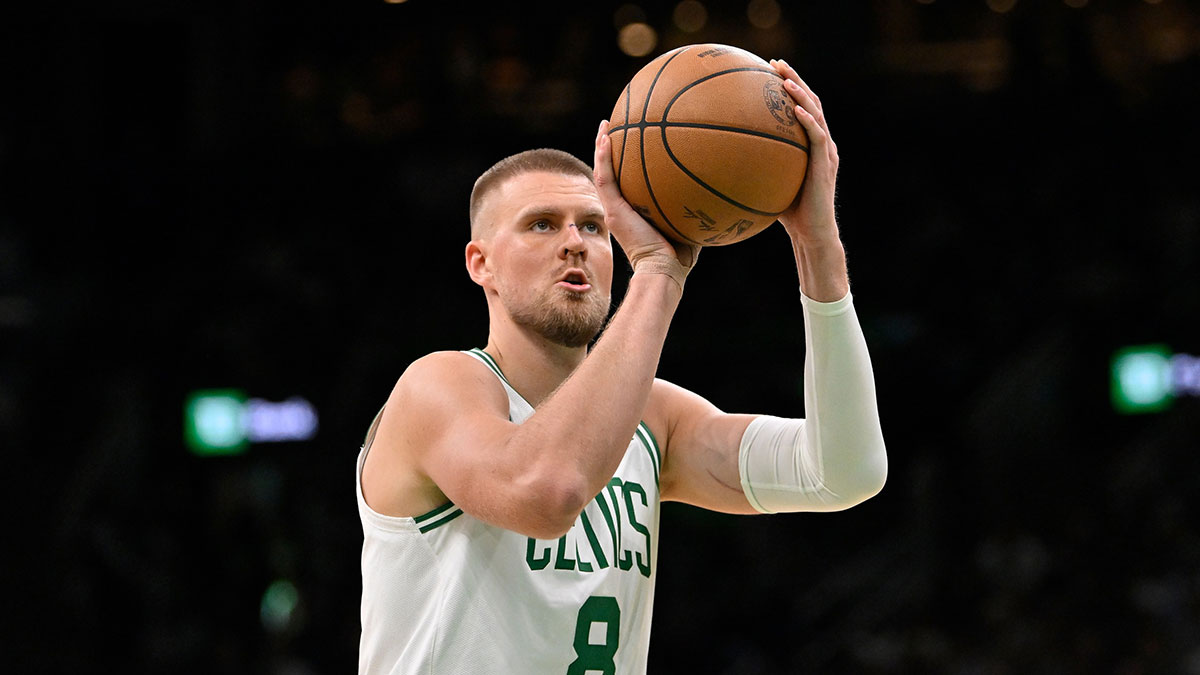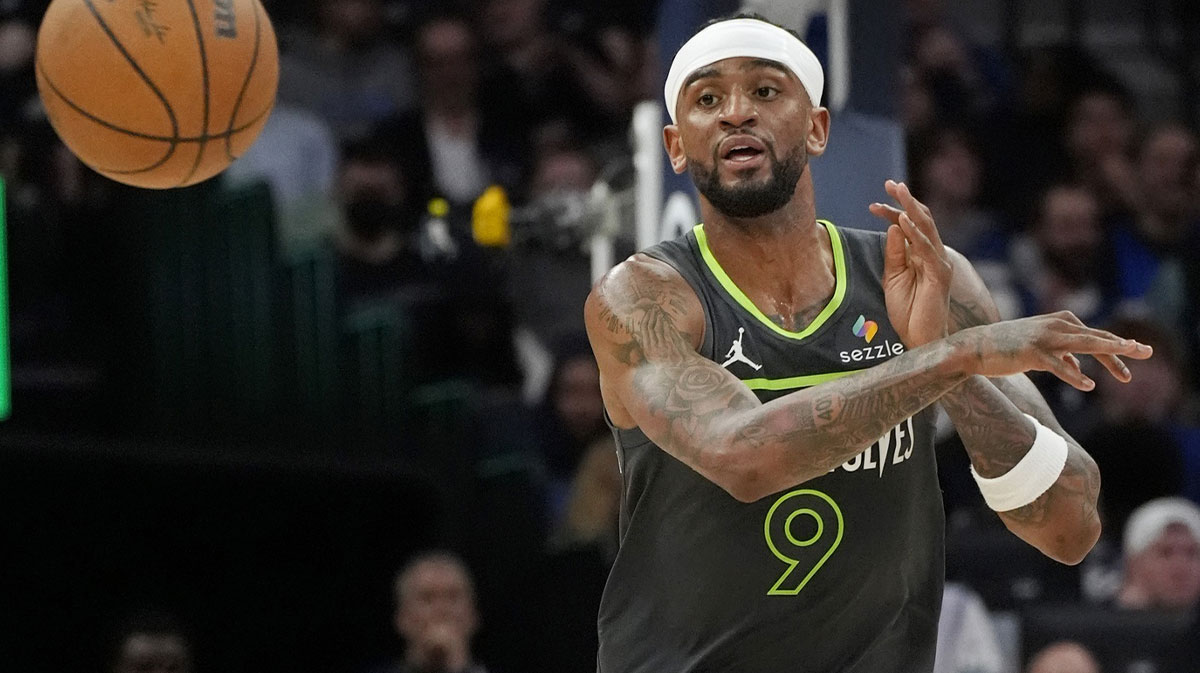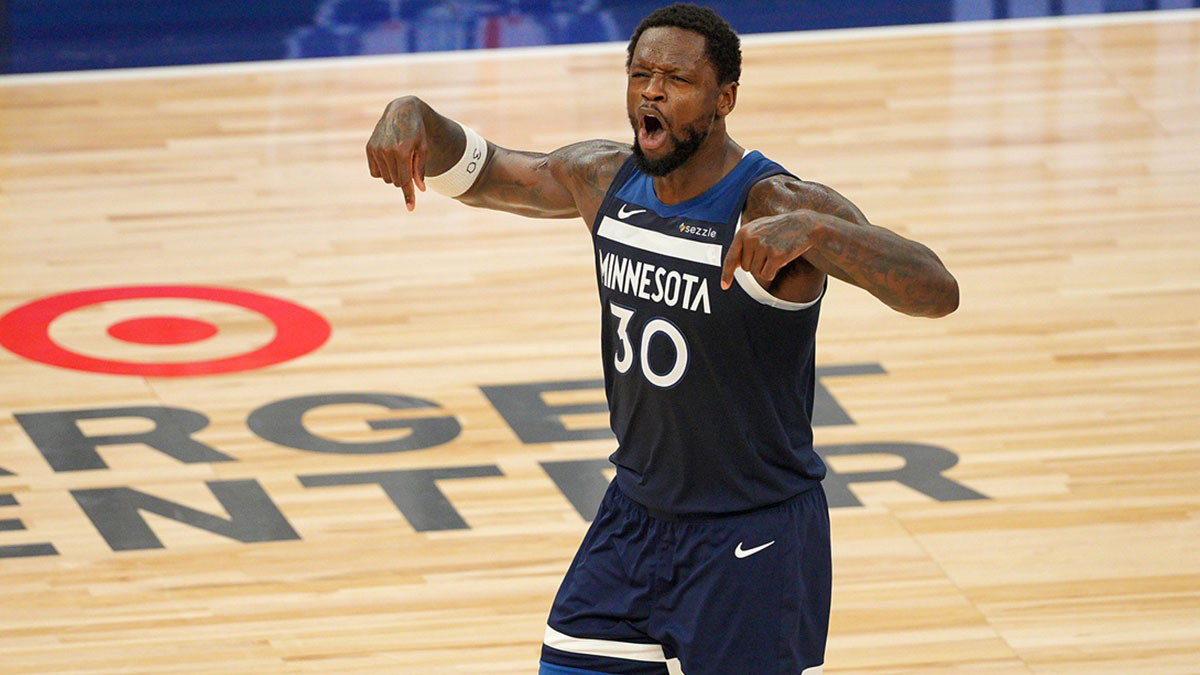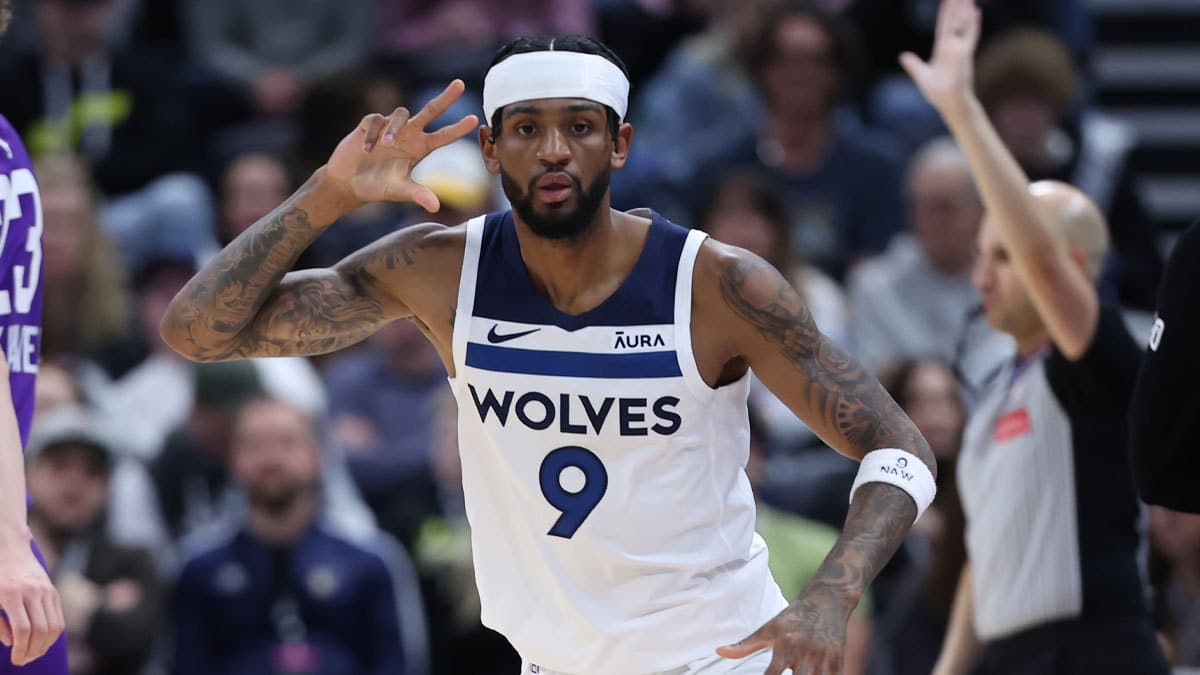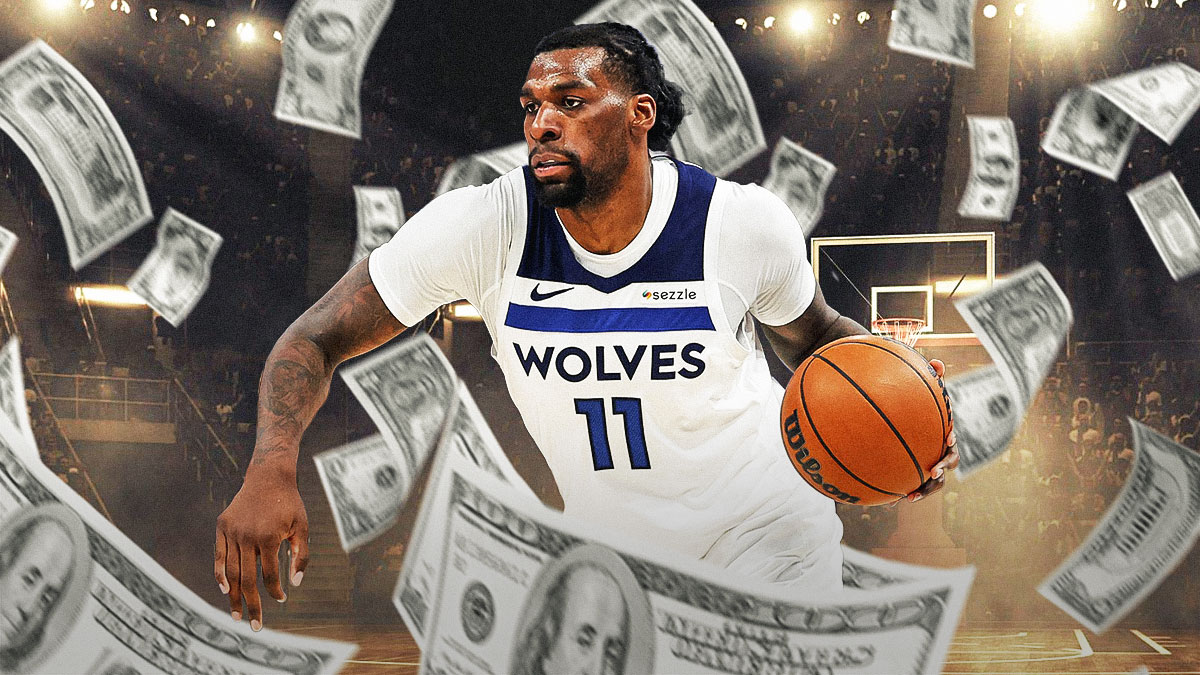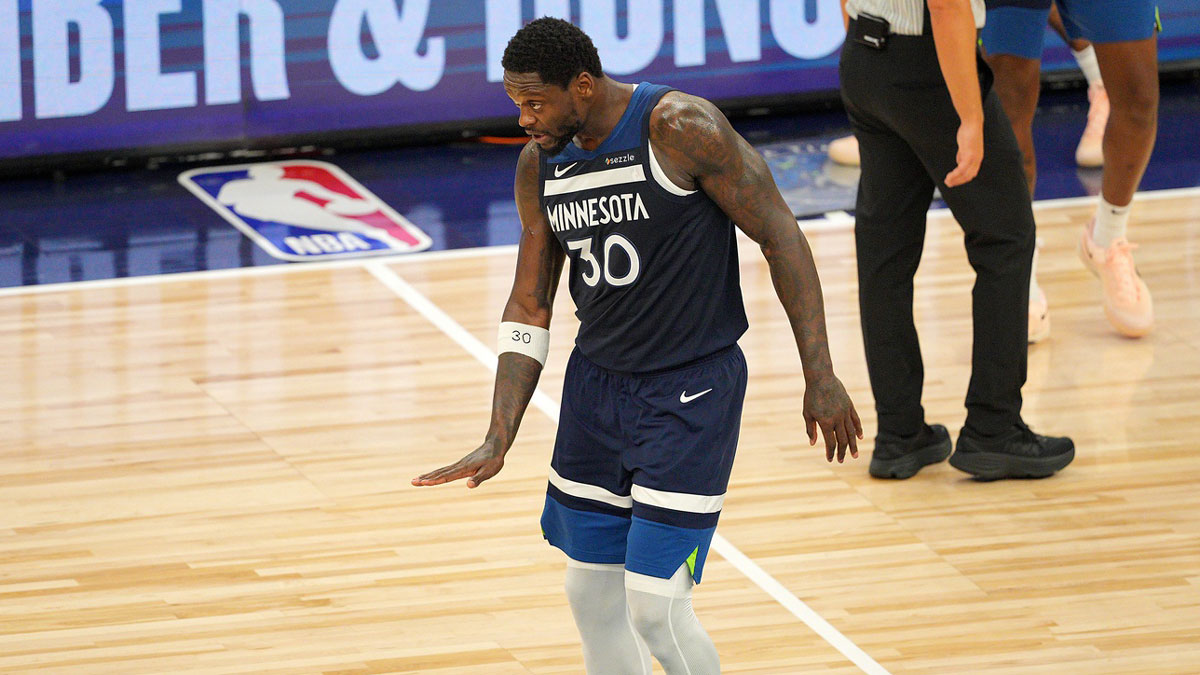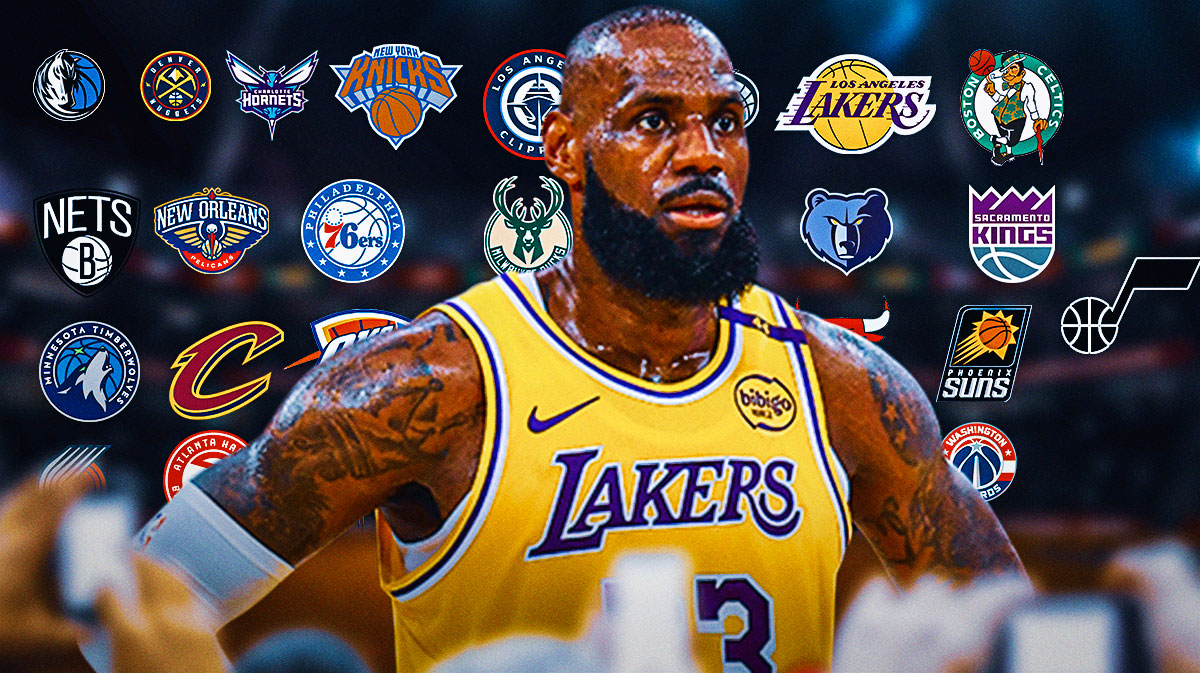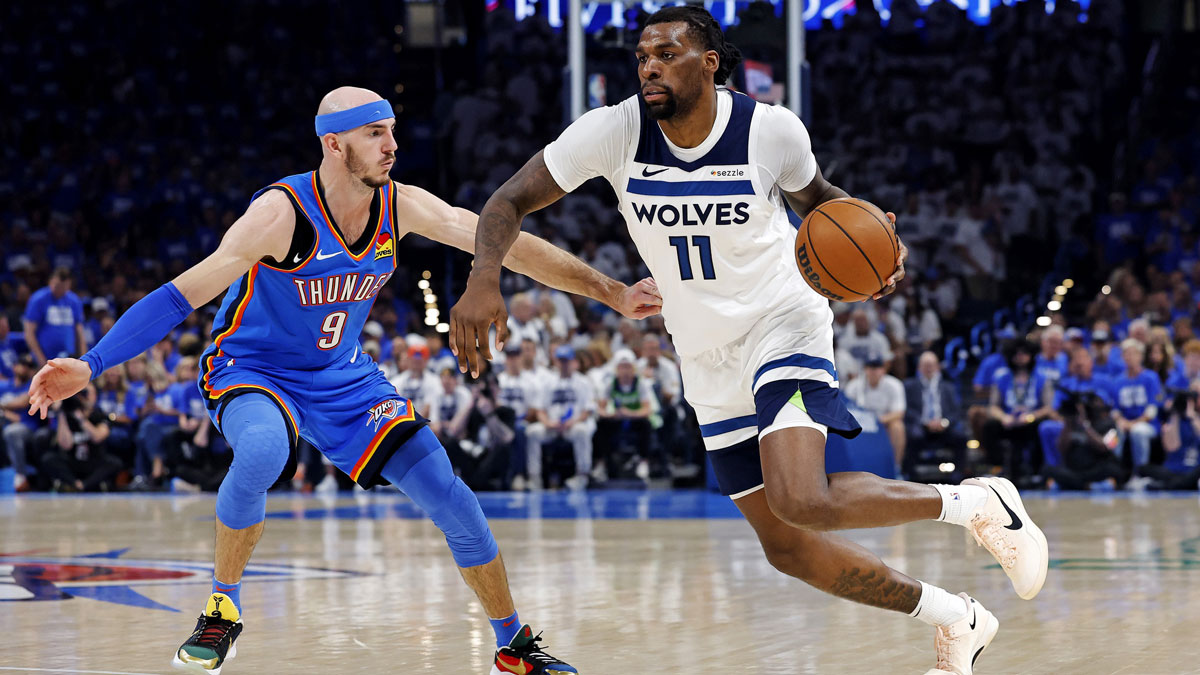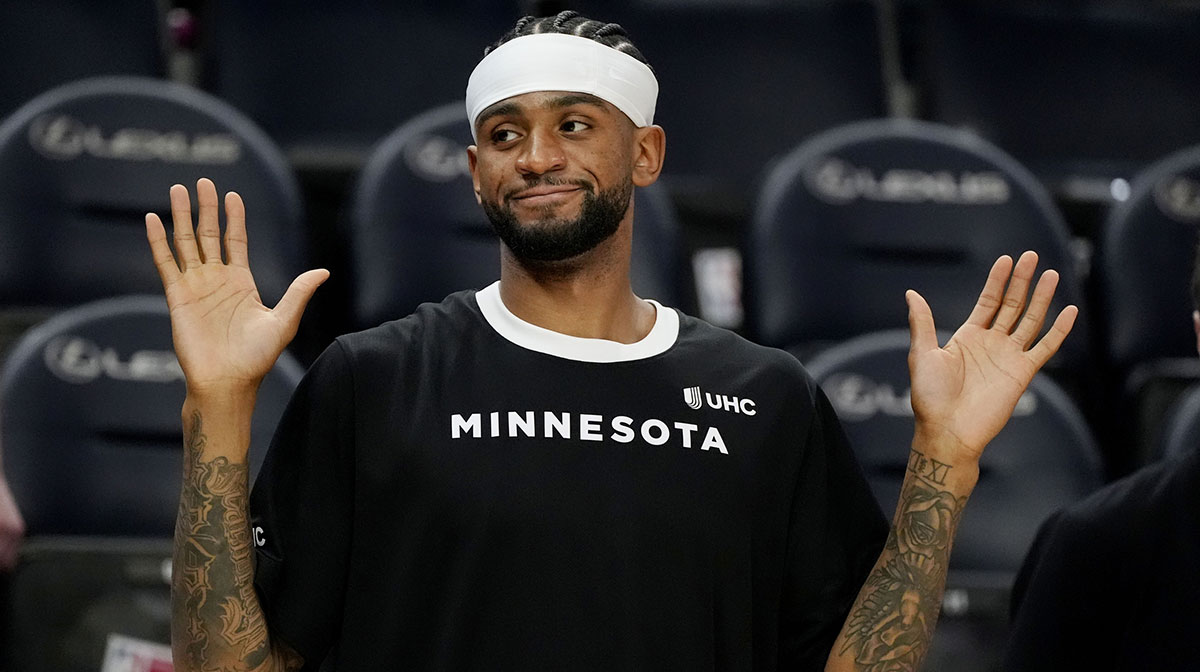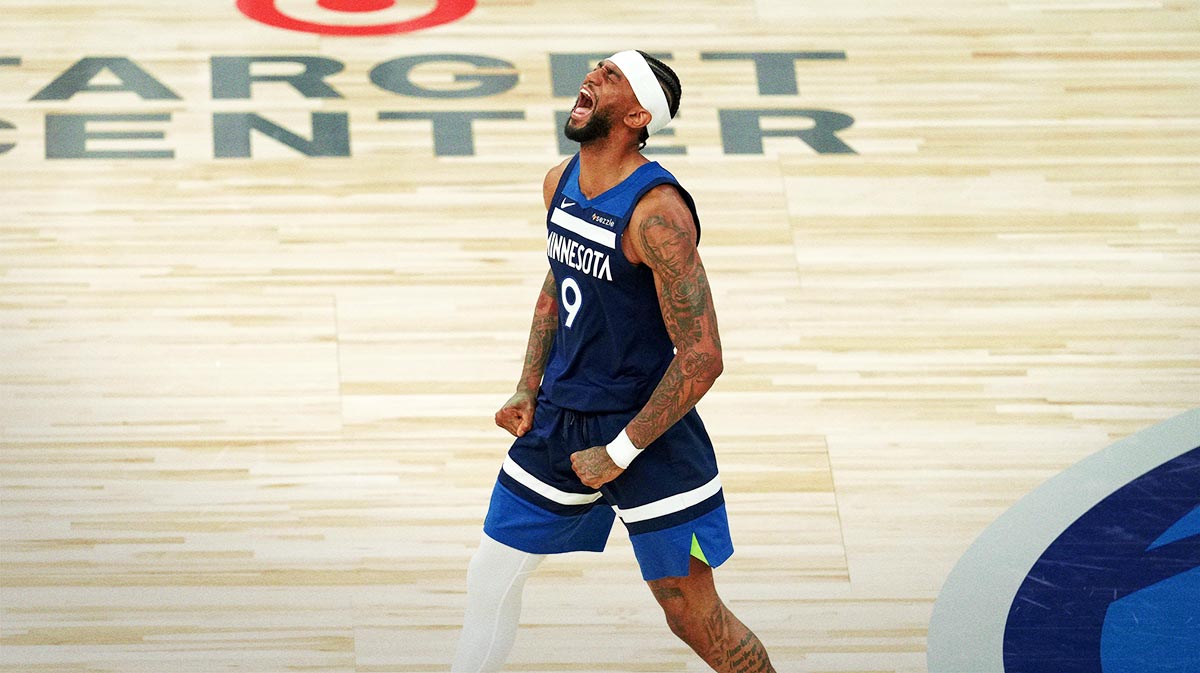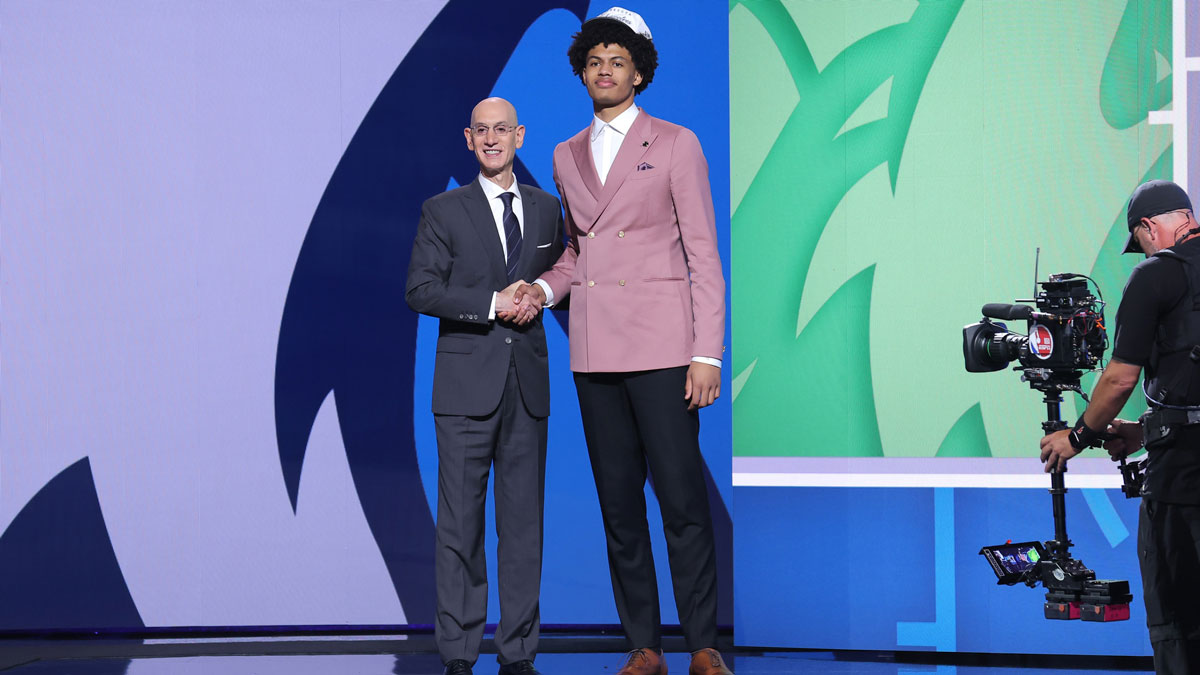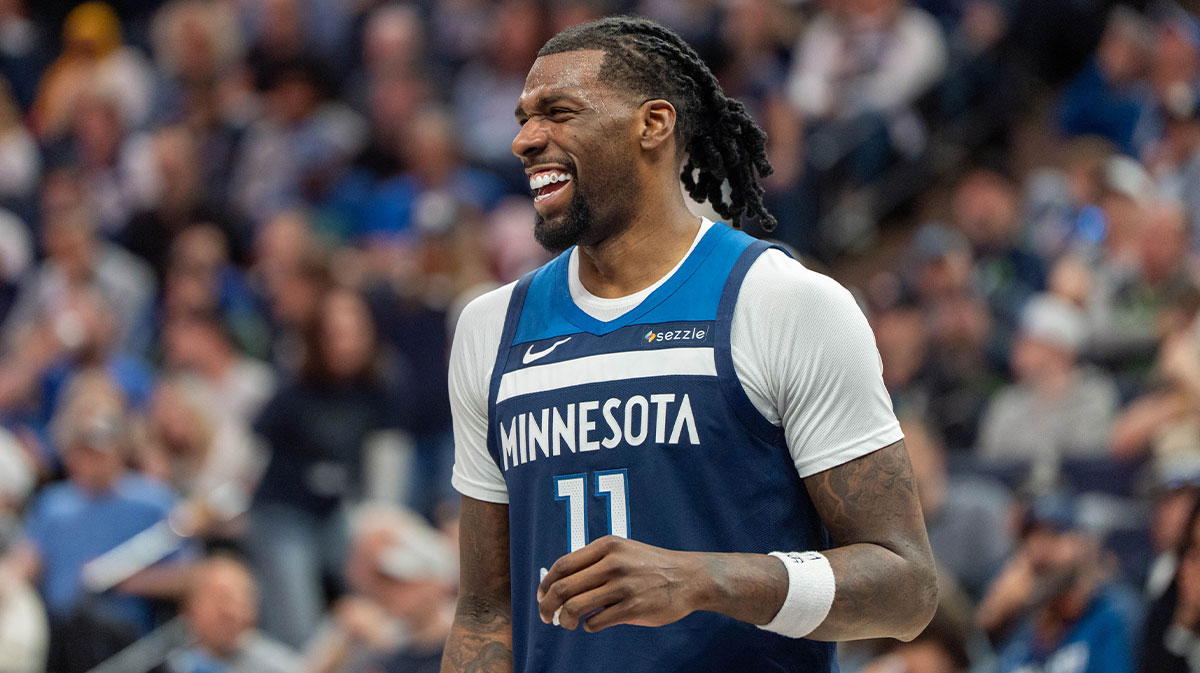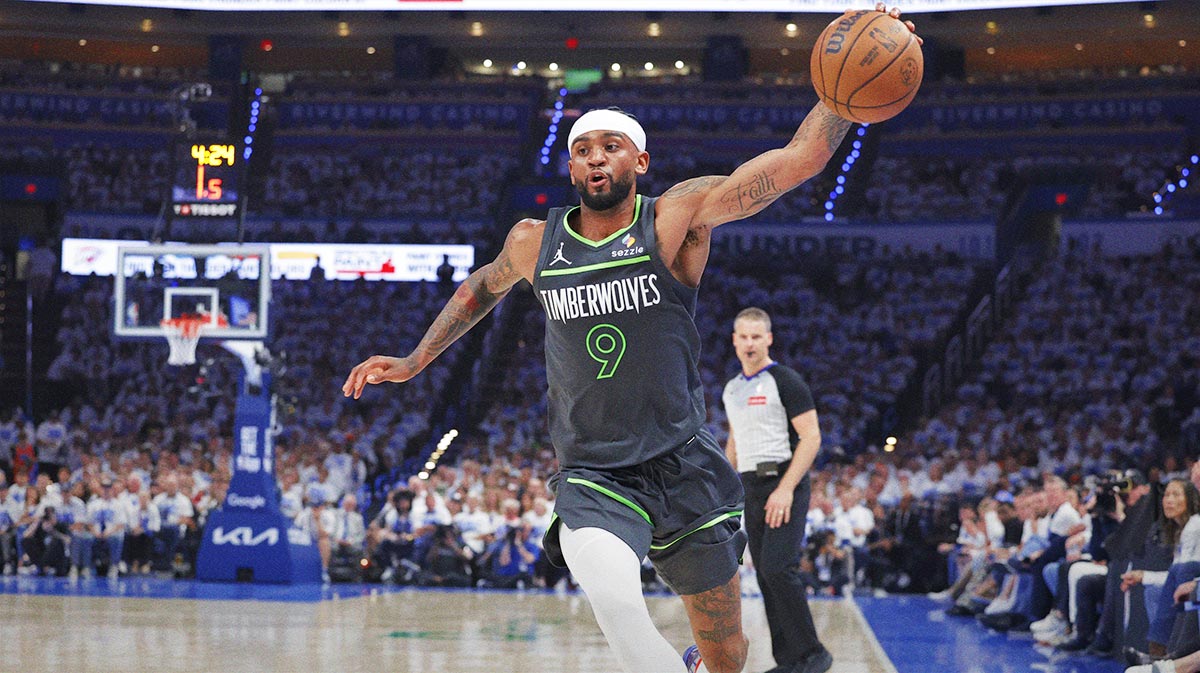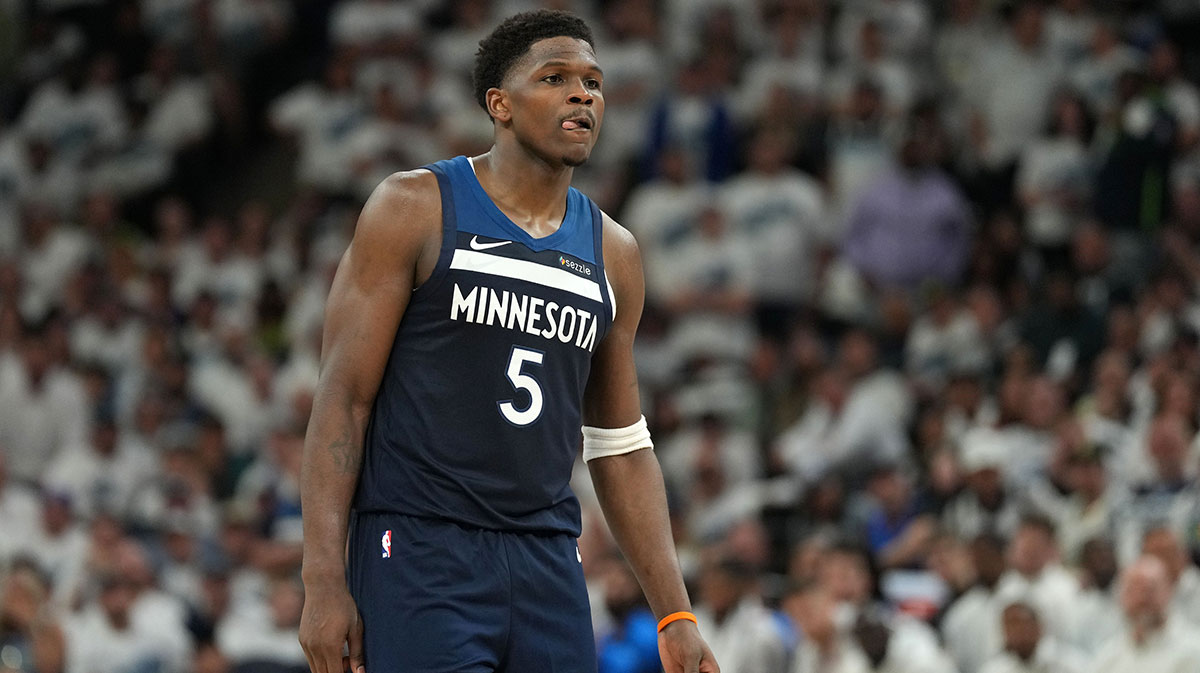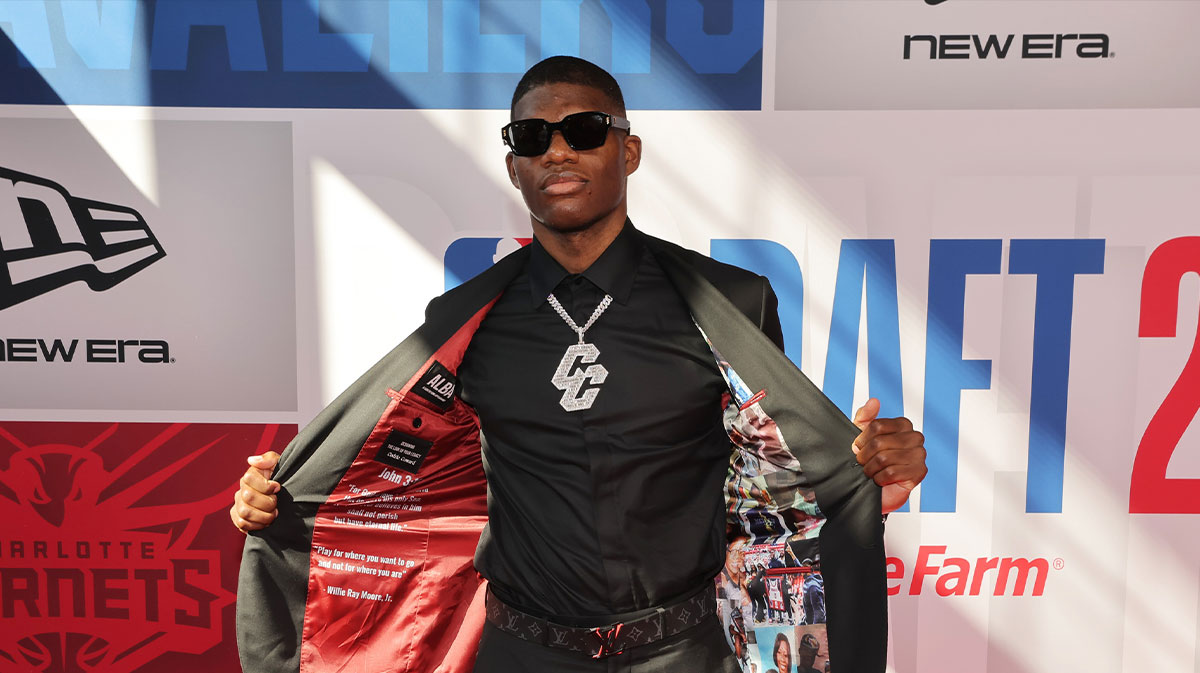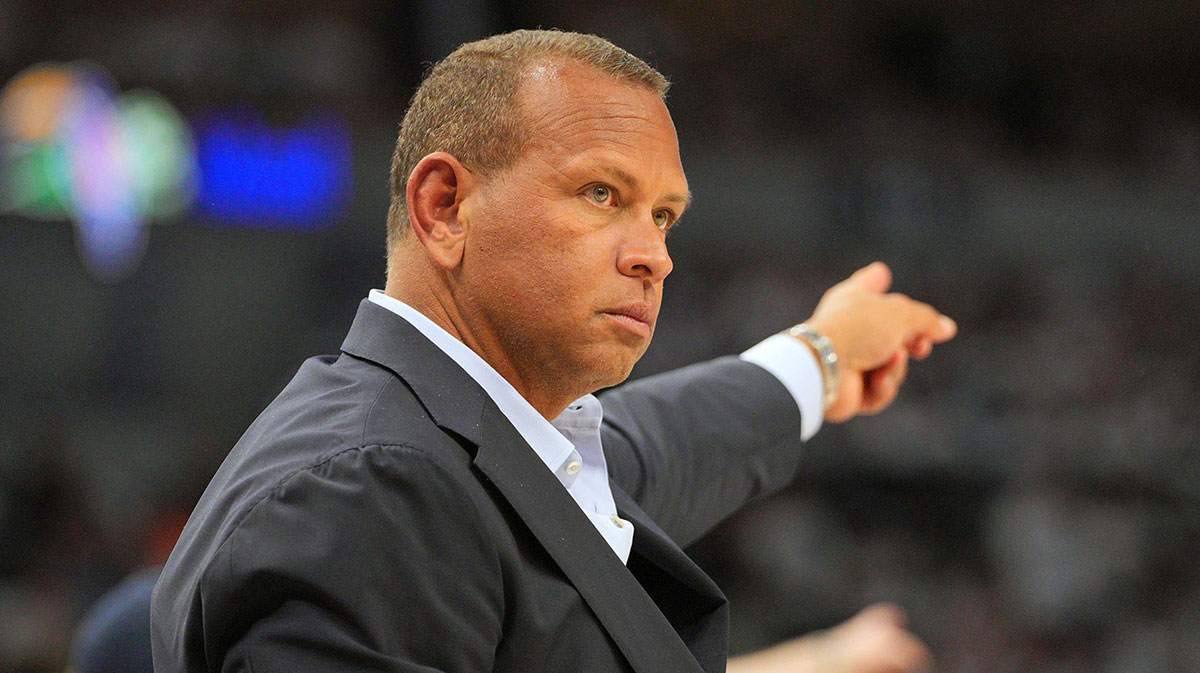As the 2018-19 postseason nears, the Minnesota Timberwolves are on the outside looking in. There was simply too much firepower up and down the Western Conference throughout the year, leaving a group that fired their head coach midseason in too much disarray to recover in time and snatch up a spot. They, like nearly everyone else in basketball, is trying to find the kryptonite to chase down Stephen Curry and the Golden State Warriors, who currently sit atop the conference.
But while four other teams had the chance to change the future of pro basketball on June 25, 2009 when Curry was drafted, it was a fifth, the Timberwolves, who went all in and busted.
First, there was Ricky Rubio. A Spanish wunderkind with unquestioned elite passing ability at a young age, the Timberwolves chose Rubio with the fifth overall pick in the 2009 NBA Draft, a selection they obtained in a deal that sent Randy Foye and Mike Miller to the Washington Wizards. (In essence, yes, the Timberwolves essentially could have netted one of the best shooters the game has ever seen in exchange for Foye and Miller.)
Then, things got strange. While there was a pile of point guard talent in the '09 draft, the first four selections (Blake Griffin, Hasheem Thabeet, James Harden, Tyreke Evans) were all used on players who primarily played other spots. This left Minnesota in the conundrum of needing to choose which one point guard they liked best.
But instead of picking one, they chose two, in some odd thought process that surely left them thinking that they had found their point guard of the future in one of their two selections. The man they chose with the No. 6 overall pick? Jonny Flynn.
Flynn was a collegiate star at Syracuse, where he had arrived as a McDonald's All-American out of high school. He had been Big East Rookie of the Year in 2008 and stuck around for his sophomore campaign in order to increase his draft stock. For as much flak as Rubio catches for happening to have been chosen ahead of the future two-time league MVP, Flynn's case is more unique.
As a rookie, the Timberwolves handed Flynn the keys to their offense. During the 2009-10 season, he started all 81 games he appeared in, averaging 13.5 points and 4.4 assists per game, earning NBA All-Rookie Second Team honors. Then, injuries struck. By 2011-12, he was no longer with the organization.
So the question begs, what were the Timberwolves thinking? It's worth noting that Rubio, whom the team chose first, dragged his feet as it pertained to heading to America to suit up for Minnesota. He would not appear on the floor for the franchise until the start of the 2011-12 year, after Flynn had already departed.
Curry, who was coming off a dazzling NCAA Tournament run while with Davidson, had been hampered by concerns of his size and the fact that, well, he hadn't come along yet and changed the perception of how the modern game is played with his unique blend of shooting prowess.
While passing on Curry will go down as an all-time faux pas for Minnesota, it's worth noting that they also passed on a staggering group of point guards who are still active a decade later: Jrue Holiday (No. 17), Jeff Teague (No. 19), Darren Collison (No. 21), Patrick Beverley (No. 42), and Patty Mills (No. 55).
The Timberwolves' roster construction was such at the time of the draft that it was built around big men Al Jefferson and blossoming star Kevin Love. Rubio (whenever he arrived from Spain) could be the primary ball-handler, while Flynn, with his dazzling speed and shotmaking ability, could be a scorer, and whoever was officially the “point guard” could be figured out later. In theory, they'd play alongside each other for a decade. In actuality, they never played a single NBA game on the same team.
Since then, the Timberwolves have made the playoffs just once, a succinct first-round exit last year. Love is gone, as are Rubio and Flynn. Still here though is Stephen Curry, who at age 31 is already a lock for the Hall of Fame. The decision not to nab the sharpshooter haunts all five teams who picked ahead of the Warriors, but none more than Minnesota.

